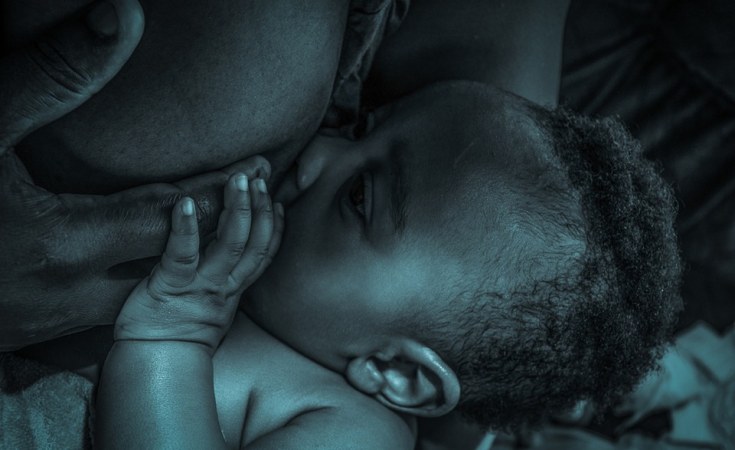In Rwanda, mothers exclusively breastfeed their infants during their first six months by 82.8 percent, above the World Health Organization's global average of 44 percent.
This is according to a report by Africa Quantitative Sciences that takes into account the latest Rwanda Demographic and Health Survey (2019-2020) that analyzed data from a survey conducted on mothers aged 15 to 49.
According to WHO, at least 44 percent of children under six months exclusively breastfeed while the target is to reach 70 percent by 2030.
In this year's World Breastfeeding Week (WBW) which runs from August 1 to August 7, the focus is on breastfeeding and work, providing a strategic opportunity to advocate for essential maternity rights that support breastfeeding - maternity leave for a minimum of 18 weeks, preferably more than six months, and workplace accommodations after this point.
"Breast milk has been known to be the supreme food for infants and is acknowledged to have the ideal nutrition that a child needs, yet exclusive breastfeeding rates remain low in many countries putting many children at risk of illnesses, especially respiratory gastrointestinal infections," states the report.
Globally each year, over 820,000 children under five years die from causes that would be prevented if children between 0-6 months were exclusively breastfed.
Exclusive breastfeeding is defined as an infant being breast or bottle-fed milk from birth to six months without mixing with any liquids or solids apart from medicines, vitamins, and mineral supplements.
This remains a public health challenge, especially in low and middle-income countries due to several factors that impede women from practicing effective exclusive breastfeeding including socio-demographic, cultural, and personal factors.
Exclusive breastfeeding (EBF) was found to reduce with age; from 87 percent and 89 percent among children aged 0-1 month and two to three months respectively to 68 percent among those aged four to five months, according to the report.
"Mothers who have infants aged above three months mostly introduce other complementary foods at an early age and they discontinue EBF due to different factors including little or no knowledge about the importance of EBF, and their return to work after maternity leave."
In addition, WHO says that Covid-19 might have had a significant impact on breastfeeding due to social distancing and diversion of healthcare staff that have interrupted routine provision of breastfeeding counseling services and limited opportunities for mother-to-mother support, peer counseling, and other community support initiatives.
Improperly practiced EBF has negative consequences on the child and the mother. Experts in Early Childhood Development say that after a child reaches two years of age, it is very difficult to reverse stunting that has occurred earlier.
The immediate consequences of poor nutrition during this period include significant morbidity and mortality and delayed mental and motor development in the long run.
In this regard, there is continued advocacy to create a maternity-enabling environment and policies at workplaces to facilitate mothers to exclusively breastfeed their infants during the first six months.
Some organizations have taken a step to provide extended maternity leave beyond three months for mothers to prioritize their children.


